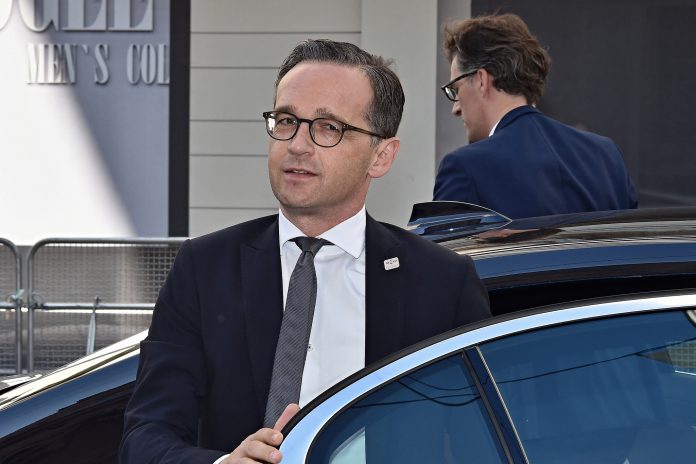US President Donald Trump‘s call on Twitter for European countries to repatriate foreign “Islamic State” fighters captured in Syria was discussed by the European Union’s foreign ministers who met in Brussels on February 18. And they pushed back.
“It certainly is not as easy as people in America imagine,” Germany’s Foreign Minister Heiko Maas said on Monday. His Austrian counterpart, Karin Kneissl, said she couldn’t comprehend the call, saying it would be in “nobody’s interest” to release foreign fighters who had been captured by the international coalition and Kurdish fighters.
As reported by Deutsche Welle (DW), Germany’s international broadcaster, Hungarian Foreign Minister Peter Szijjarto also dismissed the idea, saying: “Our major endeavour now should be not to allow them to come back to Europe.”
Jean Asselborn, Luxembourg’s foreign minister, criticised Trump for raising the issue on Twitter. “If we want to find a sensible solution, then we have to discuss this and not send tweets back and forth. That does not make sense.”
Venezuela an Yemen
The EU foreign ministers also discussed calls for new elections in Venezuela where opposition politician Juan Guaido declared himself acting president in an effort to oust President Nicolas Maduro.
More than 40 countries have recognised the move, as has the European Parliament.
Multiple foreign ministers, including France’s Jean-Yves Le Drian and Romania’s Teodor Melescanu, said that new elections were the only way out of the political impasse, reported DW.
As regards Yemen, the EU foreign ministers welcomed a ceasefire agreement between the Yemeni government and Houthi rebels, which the two parties reached in Stockholm, Sweden in December.
“The EU reaffirms that only a negotiated and inclusive political solution can end the conflict in Yemen,” a statement from European Council read.

